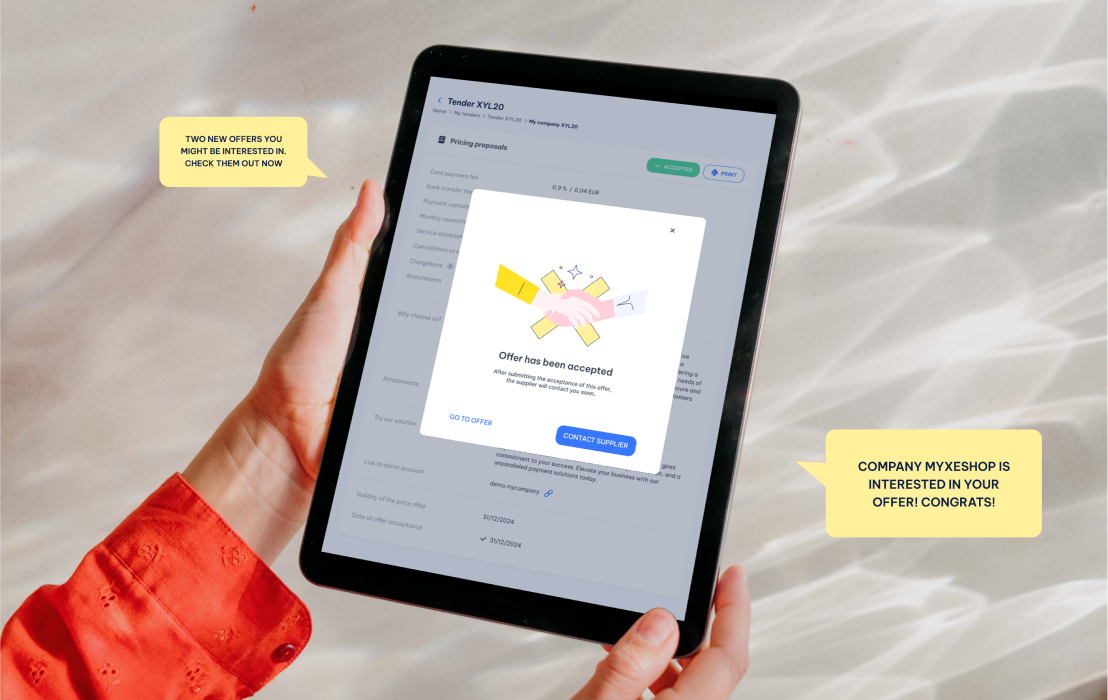
Advantages of Email Marketing
1. Direct Communication with Decision-Makers
One of the greatest advantages of email marketing for B2B businesses is its ability to facilitate direct communication with decision-makers and key stakeholders. Unlike social media or other platforms where your message may get lost in the noise, email allows you to deliver targeted, personalized messages directly to the inboxes of those who matter most to your business. Whether it's reaching out to prospects, following up with leads, or nurturing existing relationships, email provides a direct line of communication that fosters engagement and drives action.
2. Cost-Effective and High ROI
In addition to its effectiveness, email marketing offers significant cost savings compared to traditional marketing channels. With minimal overhead costs and the ability to reach a large audience at scale, email campaigns can deliver a high return on investment (ROI) for B2B businesses of all sizes. Whether you're a startup with a limited budget or a multinational corporation, email marketing allows you to maximize your marketing dollars and achieve measurable results.
3. Personalization and Targeting
One of the key strengths of email marketing is its ability to deliver highly personalized and targeted content to recipients. With advanced segmentation and automation capabilities, B2B businesses can tailor their email campaigns to the specific needs, interests, and preferences of individual prospects and customers. Whether it's sending personalized recommendations based on past behavior or delivering targeted content based on industry or job role, email allows businesses to engage their audience in a meaningful and relevant way, increasing the likelihood of conversion.
4. Nurture Leads and Drive Conversions
Email marketing plays a crucial role in the lead nurturing process, helping B2B businesses guide prospects through the sales funnel and ultimately drive conversions. By delivering valuable content, educational resources, and timely follow-ups, email campaigns keep prospects engaged and informed at every stage of their buyer's journey. Whether it's educating prospects about your products or services, addressing common pain points, or overcoming objections, email marketing enables businesses to build trust and credibility with their audience, paving the way for successful conversions.
5. Measure and Optimize Performance
Another advantage of email marketing is its measurability and ability to track key performance metrics in real-time. From open rates and click-through rates to conversion rates and revenue generated, email analytics provide valuable insights into the effectiveness of your campaigns and allow you to optimize your strategy for maximum results. By testing different subject lines, messaging, and calls-to-action, B2B businesses can identify what resonates best with their audience and refine their approach accordingly, driving continuous improvement and better outcomes over time.
Key elements essential for a successful email marketing strategy
1. Clear Goals and Objectives: Define your goals and objectives for each email campaign. Whether it's generating leads, nurturing prospects, driving sales, or increasing brand awareness, having clear objectives will guide your strategy and help you measure success.
2. Audience Segmentation: Segment your email list based on demographics, behaviors, interests, or other relevant criteria. By sending targeted messages to specific segments of your audience, you can deliver more relevant and personalized content that resonates with recipients.
3. Compelling Content: Create high-quality content that provides value to your audience. Whether it's informative articles, helpful tips, product updates, or exclusive offers, your content should be engaging, relevant, and tailored to the needs and interests of your subscribers.
4. Eye-Catching Design: Design visually appealing emails that capture attention and encourage interaction. Use a clean layout, compelling images, and a clear call-to-action to guide recipients through the email and encourage them to take the desired action.
5. Mobile Optimization: Optimize your emails for mobile devices to ensure they display correctly and are easy to read on smartphones and tablets. With more people accessing emails on mobile devices than ever before, mobile optimization is essential for reaching your audience effectively.
6. Personalization: Personalize your emails to make them more relevant and engaging for individual recipients. Address recipients by name, tailor content based on their past interactions or preferences, and use dynamic content to deliver personalized recommendations or offers.
7. A/B Testing: Test different elements of your emails, such as subject lines, send times, and calls-to-action, to optimize performance and improve results. A/B testing allows you to identify what resonates best with your audience and refine your strategy accordingly.
8. Email Automation: Use automation to streamline your email marketing efforts and deliver timely, relevant messages to your audience. Set up automated workflows for welcome emails, abandoned cart reminders, follow-up sequences, and other key touchpoints in the customer journey.
9. Compliance with Regulations: Ensure compliance with email marketing regulations, such as the CAN-SPAM Act and GDPR, to protect recipient privacy and maintain trust with your audience. Obtain explicit consent before sending marketing emails and provide recipients with clear options to unsubscribe.
10. Performance Tracking and Analysis: Monitor the performance of your email campaigns using metrics such as open rates, click-through rates, conversion rates, and ROI. Analyze the data to gain insights into what's working well and where there's room for improvement, and use these insights to refine your strategy and optimize future campaigns.
Email marketing remains an indispensable tool for B2B businesses looking to attract, engage, and convert prospects into customers. With its ability to facilitate direct communication, deliver personalized content, nurture leads, and drive measurable results, email marketing offers a powerful platform for achieving marketing objectives and driving business growth. So whether you're a startup looking to establish a presence or a seasoned enterprise aiming for expansion, email marketing should become a part of your strategy.




